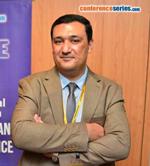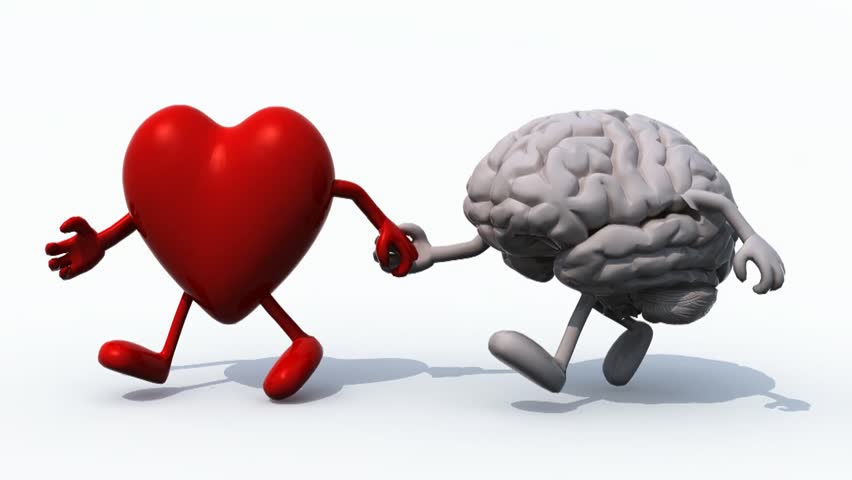
Aboelezz M. Kalboush
Alnoor Specialist Hospital, Egypt
Title: Interviewing a case of conversion catatonia as a new treatment approach
Biography
Biography: Aboelezz M. Kalboush
Abstract
Catatonia is a state of psycho-motor immobility and behavioral abnormality and the sufferers are usually unresponsive, rigid, mute and only appear to be conscious. Muteness is an obstacle to collect a history from patients suffer from catatonia. After collecting a relevant history and information from the family of a 55 years old lady who was suffering from catatonia came to my clinic after doing thorough medical and neurological investigations with no abnormal findings, I started interviewing this patient in a structured way like any other psychiatric patient ,mainly to inform her about what I was going to do to help her in terms of her management plan . Although I was not expecting at all to get any response from her ; there were two reasons behind my approach , the first is that unresponsiveness of the sufferers of catatonia is not an enough reason to discriminate against them by ignoring their presence in our clinics and to deal with them as ( non-living objects ). The second reason was to see if interviewing a patient with a conversion catatonia has a positive impact on her treatment and the prognosis of her disorder. Methodology : Case study with literature review of the neurophysiology of catatonia and its management. Findings : Apart from the rapid and dramatic response to the treatment that included benzodiazepines and continuous interviewing of the patient during the catatonic state till complete recovery within 3 days and stabilization of condition for more than 11 months without relapse , a new and unexpected different good findings appeared on recovery that couldn't be explained only by using of benzodiazepines . Conclusion & Significance : Although the sufferers of catatonia are mute and unresponsive , but their brains are still working and able to process the incoming data through different senses , and this is shown both clinically ( e.g. echolalia , echopraxia , . . . etc.) and by functional brain imaging. So - theoretically – patients suffer from catatonia can benefit from supportive ,explanatory and psycho-educating interviews . By replicating this approach with patients of catatonia - of psychiatric origin – and by linking the clinical results of these case studies or case series with results of brain imaging of patients involved in those studies we can validate and understand the nature and importance of this suggested approach.

